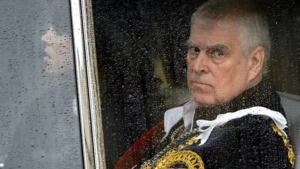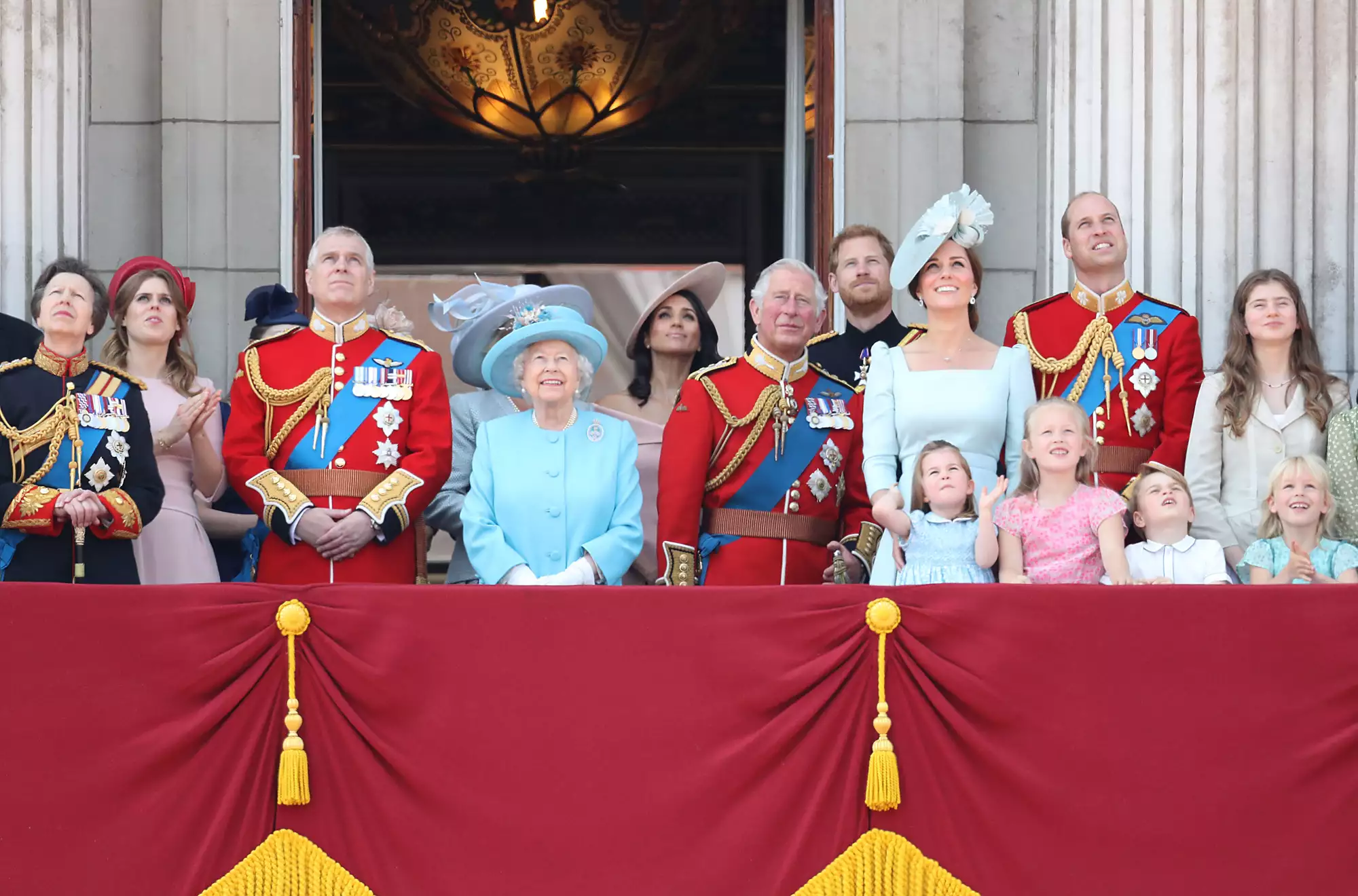
It might strike you as perverse, that anyone should make the case that what we need in the UK is to establish a post of President. Across the Atlantic, Donald Trump, with every day that passes, disgraces his office and is busy turning what used to be a democracy – albeit a strange one, ‘the best democracy that money can buy’, in the old phrase, and one that uses the most bizarre of electoral systems – into a tyranny.
But I’m not suggesting we need an executive President. In effect, we already have one of those, because our Prime Minister usually has – or at least used to have, before Prime Ministers, from David Cameron onwards, unaccountably started to lose their heads – enough personal power and patronage to survive and get their way, as long as their parliamentary majority holds. What I mean is President as head of state.
This week the Irish elected a new President, as the two consecutive terms of Michael D. Higgins came to an end. They chose Catherine Connolly, the third woman to hold the post since 1990. She won by a landslide, on a platform supported by most progressive political (and apolitical) interests in the Republic. In her acceptance speech she promised she would speak for everyone in the country, and that she would uphold principles that Irish people have developed together over many years: ‘I will be a voice for peace, a voice that builds on our policy of neutrality, a voice that articulates the existential threat posed by climate change, and a voice that recognises the tremendous work being done the length and breadth of the country.’

Catherine Connolly, from Galway and a TD since 2016, stood as an independent candidate, though backed by Sinn Féin and Labour, against an establishment candidate, Heather Humphries, who was supported by Fine Gael. She won 67% of the vote – a hint of what the future of regular Irish politics might be if the hold on government of the two traditional parties, Fianna Fail and Fine Gael, could be loosened further.
The role of the President is to represent Ireland abroad, and at significant events at home, and to safeguard the constitution. Since 1990, though, this hasn’t meant that he or she acts as a stuffed shirt, saying and doing nothing of consequence, as Elizabeth Windsor was obliged to do for seventy years, and Charles Windsor does now. Mary Robinson, Mary McAleese and Michael D. Higgins have all carried out their formal roles, but each one has also been able to speak out strongly in favour of human rights, social equality and environmentalism, and against racism and intolerance. Each has criticised injustice and warmongering around the world. Recently Higgins, a poet and broadcaster as well as former politician, has attacked neoliberalism and Israeli government actions in Gaza.
The fact that the Irish have elected a series of Presidents widely admired, at home and abroad, for representing their country and articulating its progressive values puts paid to the monarchist and anti-democratic argument often expressed in Britain that the people can’t be trusted to elect a decent President – that we’d end up with a discredited figure like Tony Blair or some kind of Celebrity Traitor.

In the same week as Connolly’s victory, the British media worked themselves into a frenzy on the vital question, ‘what is to be done with Prince Andrew?’ Stripping him of a few titles, it seems, or the threat of throwing him out of his modest 30-room ‘Lodge’ in Windsor Park, didn’t seem to be enough. What more could be done to put the lid on the unfortunate affair and restore the monarchy to its customary calm? Now that Andrew has been relieved not only of the Lodge but also of the title ‘Prince’, can the authorities finally afford to feel relief?
The truth is that a hereditary monarchy is bound to throw up its ‘bad eggs’ from time to time. Especially the monarchy we enjoy, with its social isolation, absurd privilege and unaccountable mega-wealth. There’s an inevitable and impossible-to-resolve tension between the thing that monarchists constantly strive for – what the Victorian political writer Walter Bagehot called the ‘dignified’ part of the constitution – and the grubby and even criminal goings-on of its less appealing members.
So why not give up the struggle? Admittedly, the press would have to find some new quarry to mine for scandal. Instead of trying to rescue the monarchy from itself, why not pension off its current members and introduce an elected Presidency? There would be a few disadvantages (though how many foreign tourists come to London specifically to stand outside the gates of Buckingham Palace?), and a heap of benefits. For example, Irish Presidents have few costs, other than the upkeep of their official home, Áras an Uachtaráin, in comparison to the seven royal palaces (and numerous other residences) needed by the Windsors. Mysterious but powerful entities like the Crown Estate could be subject to democratic control, instead of hiding in the royal penumbra. The Royals themselves could be released from the murk of Plato’s Cave, their prison of overprivileged servitude, and be led blinking into the light.

But by far the biggest benefit would be that, at last, we could become citizens instead of subjects. As Walter Bagehot well understood, monarchy continues to exist in order to infantalise the majority of the population. ‘It acts as a disguise. It enables our real rulers to change without heedless people knowing it. The masses of Englishmen are not fit for an elective government.’ It encourages us to believe that nothing important can be changed and that it’s pointless to imagine that ordinary people have the capacity to decide for themselves what kind of country they should live in.
Ireland, on the other hand, reminds us that things could be different. Those who represent us and our best values could be people we choose ourselves – ordinary people, though people with the character and skills to feel what we feel and articulate what we aspire to.
So, let’s give the royals a rest – they could still keep some titles (though not the ‘Prince of Wales’) and a few baubles – and let’s act as a grown-up country by electing a President. Or maybe more than one. In Wales, we could choose our own – no doubt it would be someone rather different from an England- or UK-elected one.

Leave a Reply